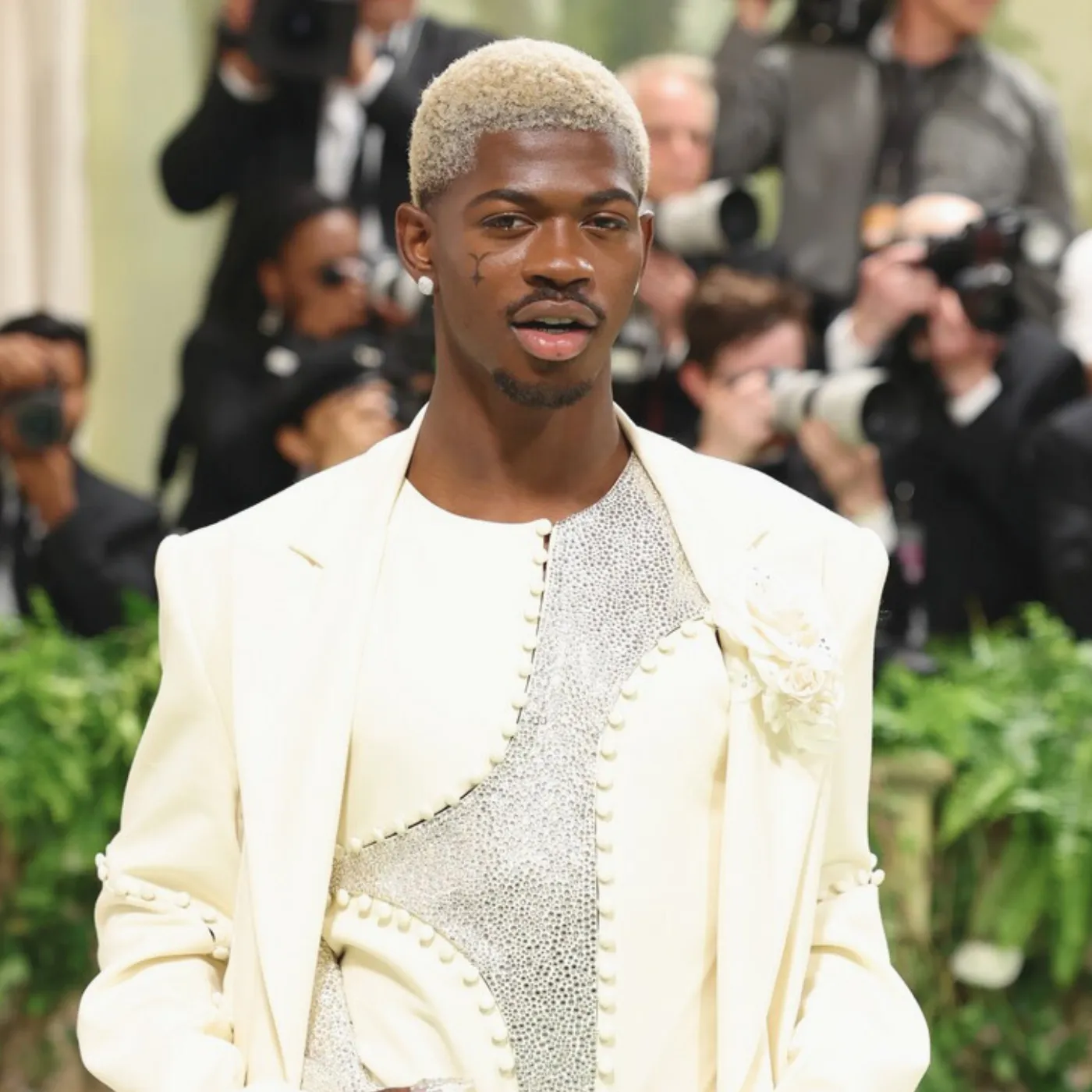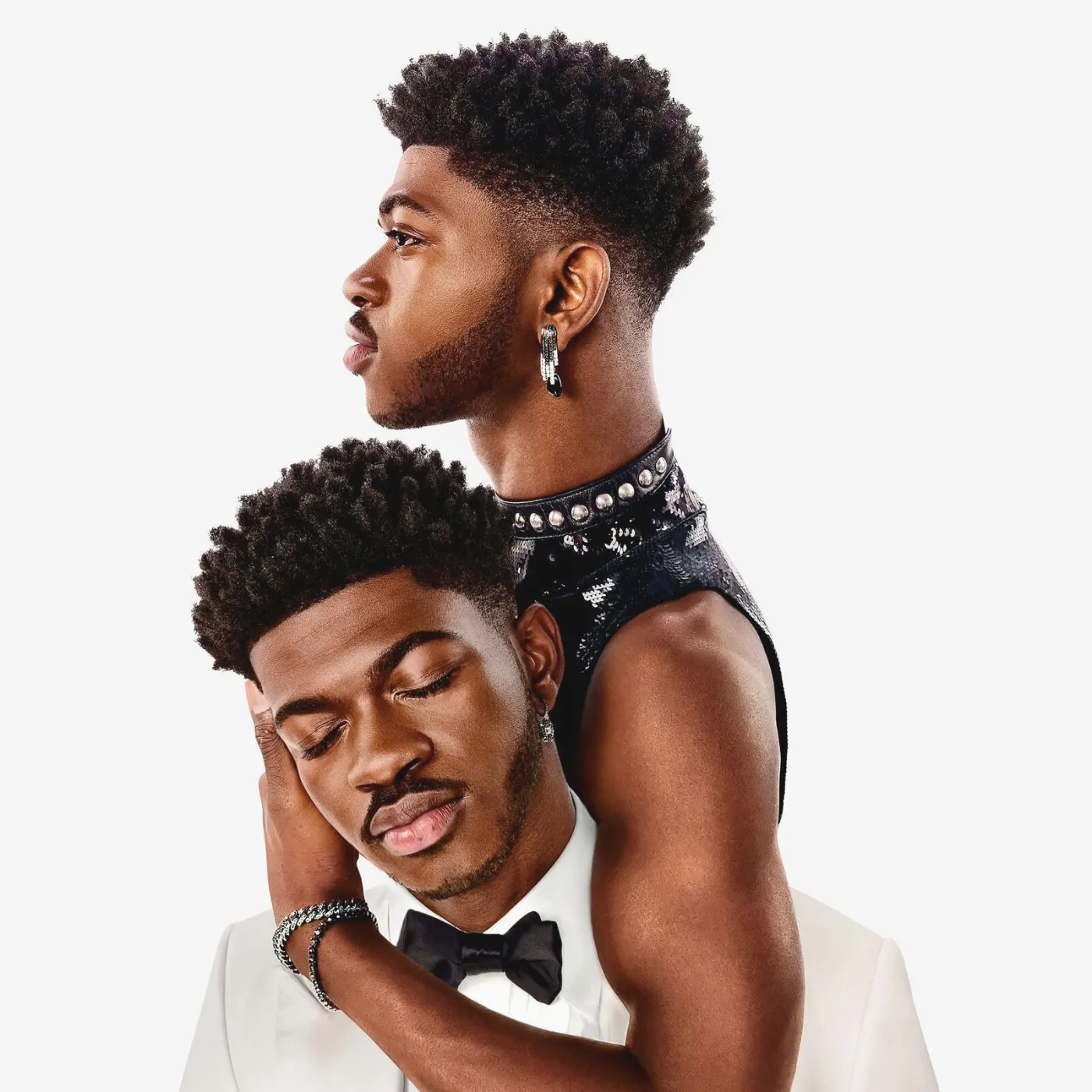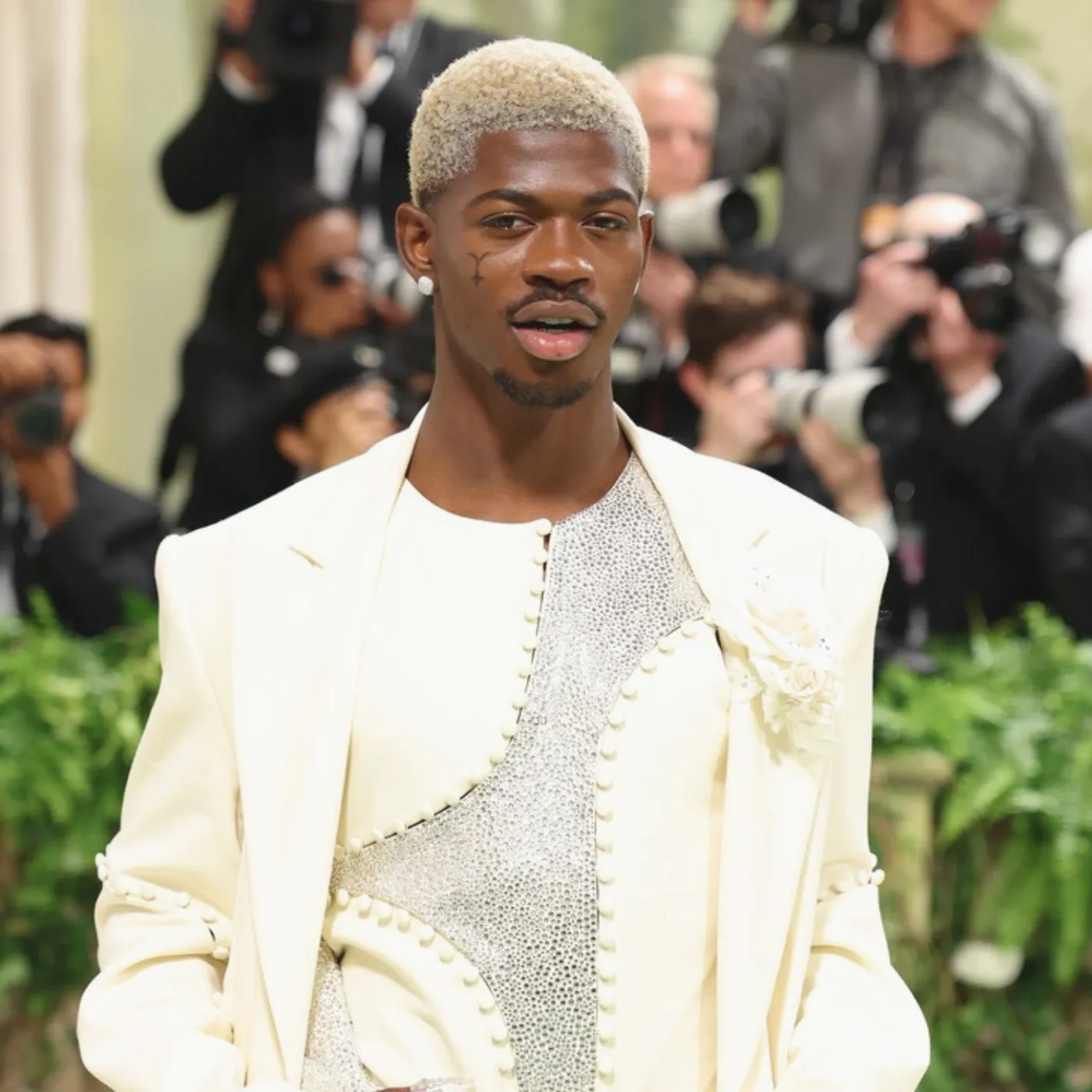

Court Drops Bombshell Ruling in Lil Nas X Instagram Pose Copycat Case
In a striking legal showdown that’s been making waves across social media, a federal appeals court has officially ruled Lil Nas X cannot be sued over claims that he copied provocative Instagram photo poses from a user named Rodney Woodland. This decision not only shuts down the copycat lawsuit but also sends a powerful message about creative expression, social media influence, and the limits of intellectual property in the digital age.

Let’s break down what happened, why this ruling matters, and how it could reshape the way artists, influencers, and everyday users approach social media content.
The Controversy: Lil Nas X and the Copycat Pose Claims
The whole drama began when Rodney Woodland, an Instagram user, claimed that Lil Nas X’s photo shoots blatantly copied his distinctive, provocative poses. Woodland’s images, featuring nude Black men in dramatic, powerful stances, are visually striking and have garnered attention online for their artistry and boldness.
Woodland argued that Lil Nas X’s photos were too similar, suggesting the rapper had appropriated his style without permission. In an era when social media content can go viral overnight and creative borrowing is common, this lawsuit raised the stakes on how originality is defined — especially when it comes to visual art and poses.
What the Court Said: No Evidence, No Copycat
In a clear and decisive ruling, the Ninth Circuit Court of Appeals dismissed Woodland’s lawsuit, citing a lack of sufficient similarity and no evidence that Lil Nas X ever saw the images.
The court made some important clarifications:
The photos shared only general ideas, such as nude male figures in dramatic poses, which are not protected expressions under copyright law.
Merely posting on Instagram does not prove access or copying, especially when Woodland’s posts had minimal engagement and exposure.
The court emphasized the difference between general ideas (which are free to use) and specific, protected creative expressions (which are not).
This ruling firmly establishes that the concept of a pose or style can’t be owned and that claims of copying must prove actual access and substantial similarity in detail — not just the same broad idea.

Why This Ruling Is a Game-Changer for Social Media and Art
This case highlights several key trends and challenges in today’s digital culture:
Ideas vs. Expression — The Fine Line in Social Media Content
On platforms like Instagram, where millions share photos daily, many posts share general ideas or aesthetics. Dramatic poses, lighting styles, and themes often echo each other — but that doesn’t automatically mean one creator stole from another.
The court’s ruling reaffirms the principle that only specific, original expressions of ideas are protected, not the ideas themselves. This protects creators’ freedom to experiment with broad concepts without fear of frivolous lawsuits.
Proof of Access Is Crucial — Posting Doesn’t Equal Visibility
One of the biggest hurdles for Woodland’s case was proving Lil Nas X actually saw the photos.
Just because something is online, even on a public platform like Instagram, doesn’t mean it was seen by everyone, especially if the posts had low engagement and few views. This is a critical point for future cases involving alleged copying on social media.
The Impact on Celebrities and Influencers
For big-name figures like Lil Nas X, this ruling is a welcome shield against baseless claims that could otherwise hamper their creative output.
Celebrities who inspire trends or borrow from popular culture need legal clarity that protects their work while respecting others’ rights.
Why Provocative Art Pushes Legal Boundaries
Woodland’s photos, like Lil Nas X’s, use bold, provocative imagery to challenge norms and create impact. Provocative art often lives at the edge of legal grey areas, especially on platforms governed by community standards.
This case shows that courts are careful not to overreach when art challenges conventions, as long as the legal requirements for copyright are not met.
What This Means for the Future of Instagram, Photography, and Creative Culture
This ruling is a strong precedent for the future:
Creators can experiment with general themes and ideas without fear of immediate legal backlash.
Platforms like Instagram will likely see more bold, original content, as the courts recognize the difference between inspiration and infringement.
The burden remains on plaintiffs to prove actual access and detailed similarity — not just vague claims.
It’s a win for freedom of artistic expression on social media and an important reminder that not all inspiration equals theft.
Why Fans and Critics Are Talking About This
On Facebook and other social channels, the ruling has sparked conversations about originality, creativity, and the evolving rules of online content.
Fans of Lil Nas X celebrate the decision as a defense of his artistry and individuality. The rapper, known for pushing boundaries in music and visuals, now has legal backing to continue innovating without being slowed down by questionable lawsuits.
Meanwhile, critics argue this could open doors for bigger creators to appropriate smaller artists’ work with less accountability. That debate is far from over.
How This Reflects Broader Legal Trends in the Digital Age
This case fits into a larger legal landscape where courts wrestle with applying decades-old copyright laws to today’s fast-moving social media world.
Social media platforms flood the internet with content, making it harder to prove who saw what and when.
Copyright protections still apply but require clear evidence of copying and access.
The courts recognize that certain visual styles and poses are more like building blocks than original creations.
This approach encourages creativity but demands responsibility when making claims.
What Creators Should Take Away From This
For photographers, influencers, and social media users, this ruling is a lesson:
Protect your work with clear copyrights and documentation.
Understand that broad concepts, like poses or general themes, are difficult to protect legally.
If you suspect copying, gather concrete evidence of access and detailed similarities.
Keep pushing creative boundaries, but be aware of legal limits.

Final Thoughts: Lil Nas X’s Win Is a Win for Creative Freedom
This federal appeals court ruling reinforces the delicate balance between protecting artists’ rights and fostering open creative expression on platforms like Instagram.
By dismissing the lawsuit, the court made it clear that general ideas — no matter how bold or provocative — remain free for all to explore and reinvent. It’s a major victory not only for Lil Nas X but for anyone who dares to be original in the digital spotlight.


















